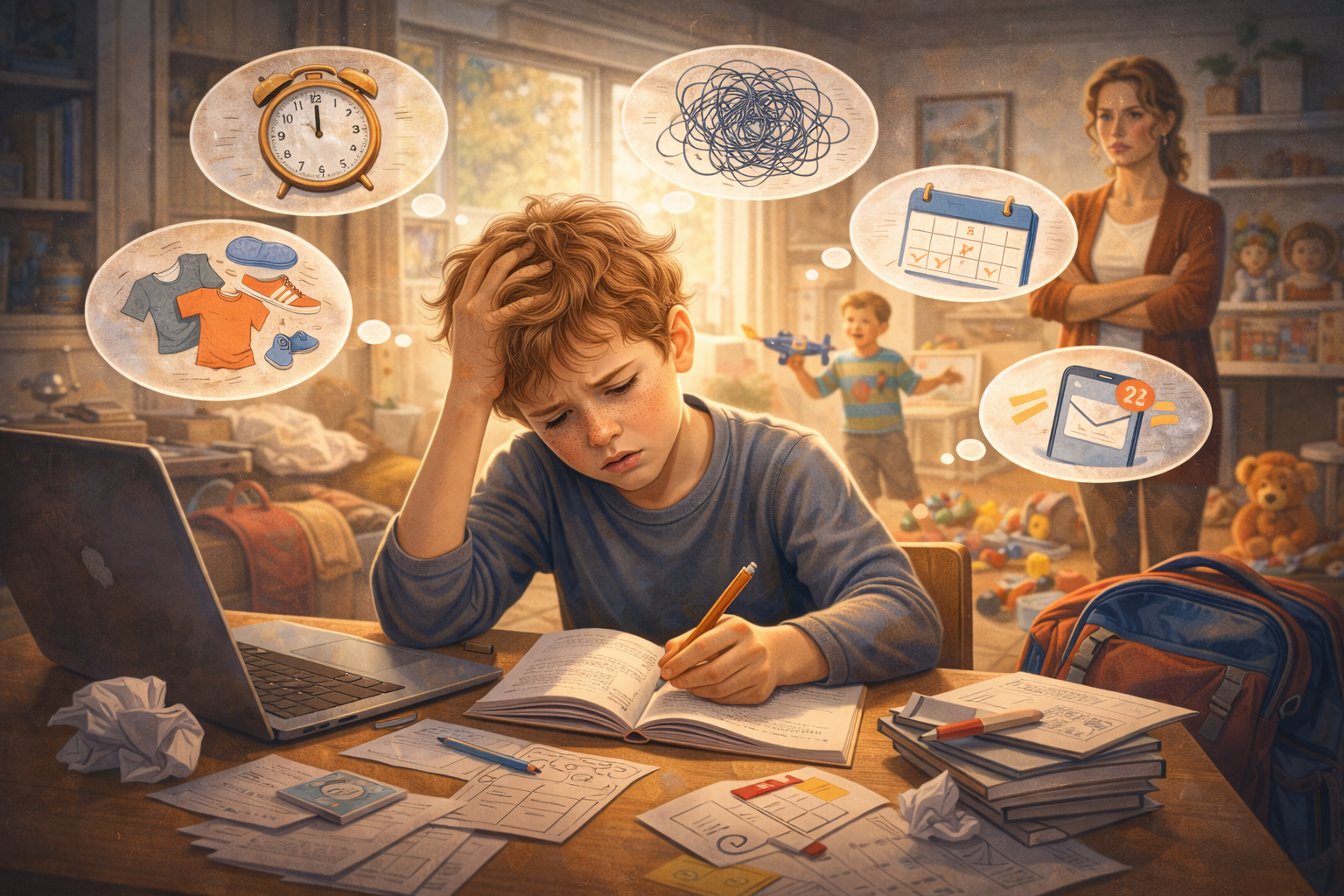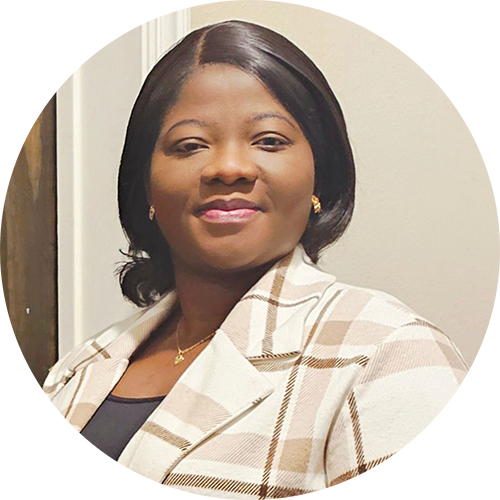
ADHD, or Attention Deficit Hyperactivity Disorder, is a medical condition that affects brain development and activity, impacting attention, self-control, and the ability to sit still. This condition can influence a child’s performance at school, home, and in social situations.
Signs of ADHD
While all children may occasionally struggle with attention, listening, sitting still, or waiting, those with ADHD experience these challenges more intensely and frequently. The signs of ADHD can be grouped into three categories:
- Inattentive: Children who are easily distracted may have trouble focusing, following directions, completing tasks, or remembering details. They might seem forgetful, daydream a lot, or lose track of their belongings.
- Hyperactive: These children tend to be restless, fidgety, and easily bored. They may have difficulty sitting still, staying quiet, or resisting the urge to move around, often acting in ways that are disruptive to others.
- Impulsive: Impulsivity in children with ADHD can lead to hasty actions without thinking, such as interrupting others, grabbing things, or taking risks. They may struggle with waiting their turn and might react emotionally in ways that seem excessive for the situation.
Parents and teachers might notice ADHD symptoms early, but not all hyperactive or distracted behavior means a child has ADHD. Children naturally develop attention, self-control, and activity regulation as they grow. However, when difficulties persist and start causing problems in various aspects of life, ADHD might be the cause.
What Causes ADHD?
The exact cause of ADHD is unknown, but it is believed to be largely hereditary. Children with ADHD often have a parent or relative with the condition. Other factors, such as premature birth, exposure to environmental toxins, or maternal drug use during pregnancy, may also increase the risk. ADHD is not caused by excessive screen time, poor parenting, or diet.
How Is ADHD Diagnosed?
If you suspect your child has ADHD, consult a doctor who will conduct a thorough evaluation, including vision and hearing tests, to rule out other causes. To diagnose ADHD, the doctor will gather information about your child’s health, behavior, and activity from both you and your child’s teacher. A diagnosis is made if:
- The child’s symptoms of inattention, hyperactivity, or impulsivity are more severe than typical for their age.
- These behaviors have been present since early childhood.
- The symptoms affect the child’s performance at school and home.
- No other health or learning issues are causing the symptoms.
Children with ADHD may also face challenges like learning difficulties, oppositional behavior, or mood and anxiety disorders, which are treated alongside ADHD. A referral to a child psychologist or psychiatrist may be necessary.
How Is ADHD Treated?
Treatment for ADHD usually includes:
- Medication: Helps improve attention, self-control, and the ability to slow down.
- Behavior Therapy: Therapists assist children in developing social, emotional, and planning skills.
- Parent Coaching: Guides parents on effective responses to ADHD-related behavior issues.
- School Support: Teachers provide strategies to help children with ADHD succeed academically and socially.
Effective treatment can significantly improve ADHD symptoms. Parents and teachers play a crucial role in helping children learn to manage their attention, behavior, and emotions. As children grow, they can develop better self-regulation skills.
If untreated, ADHD can lead to difficulties in school, low self-esteem, depression, oppositional behavior, risk-taking, or family conflicts.
How Can Parents Help?
If your child is diagnosed with ADHD:
- Stay Involved: Educate yourself about ADHD and follow the treatment plan recommended by healthcare providers. Attend all therapy sessions.
- Administer Medication Safely: Give ADHD medication as prescribed and keep it securely stored.
- Collaborate with the School: Work with teachers to determine if your child needs an IEP or 504 plan and maintain regular communication to monitor progress.
- Parent with Care: Use parenting strategies that support a child with ADHD, focusing on their strengths and positive qualities. Communicate openly and supportively about ADHD.
- Seek Support: Join a support group like CHADD for updates and information on ADHD treatment.
ADHD can improve with proper treatment, a healthy diet, adequate sleep, regular exercise, and the support of informed and caring parents.



